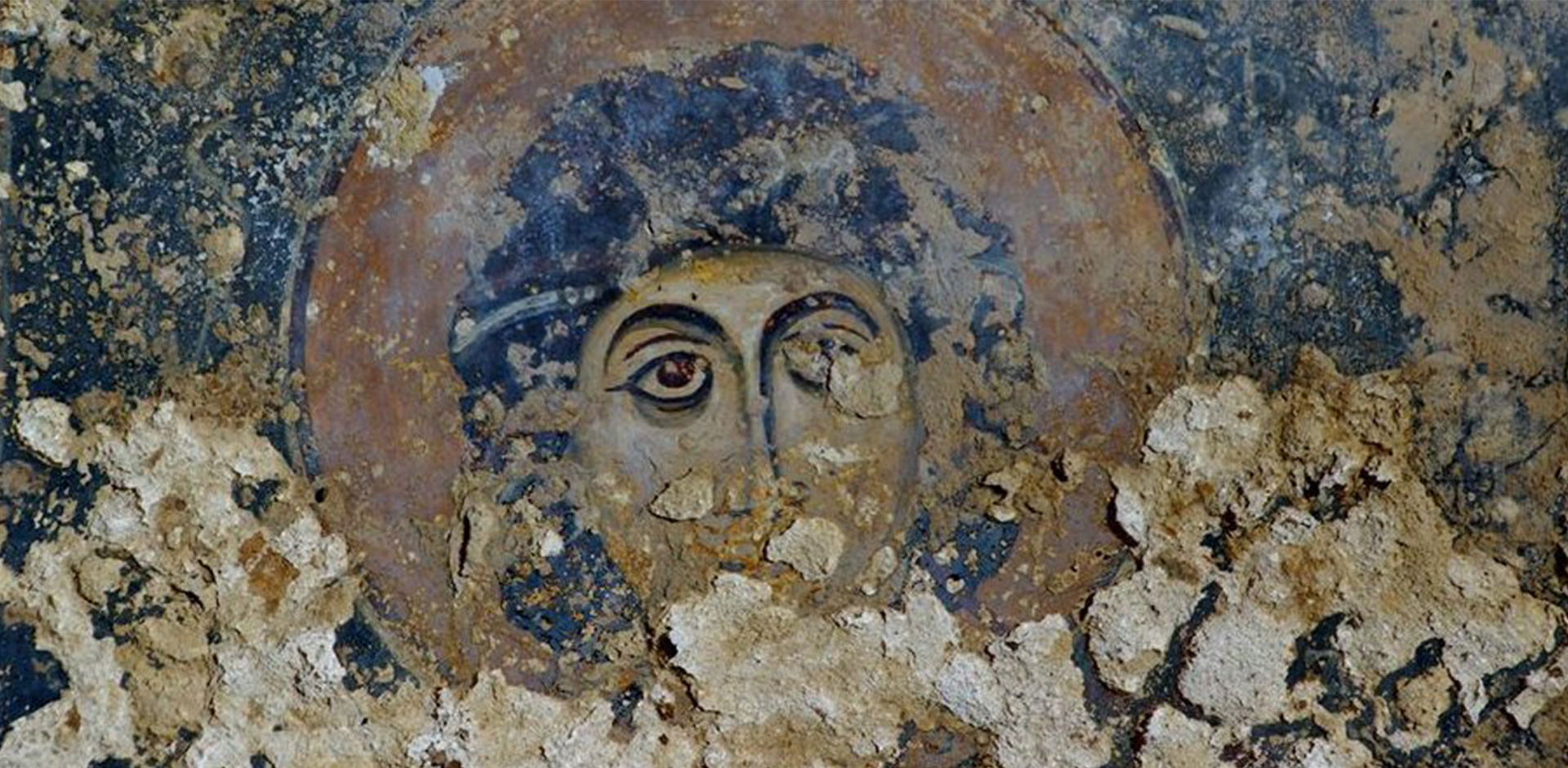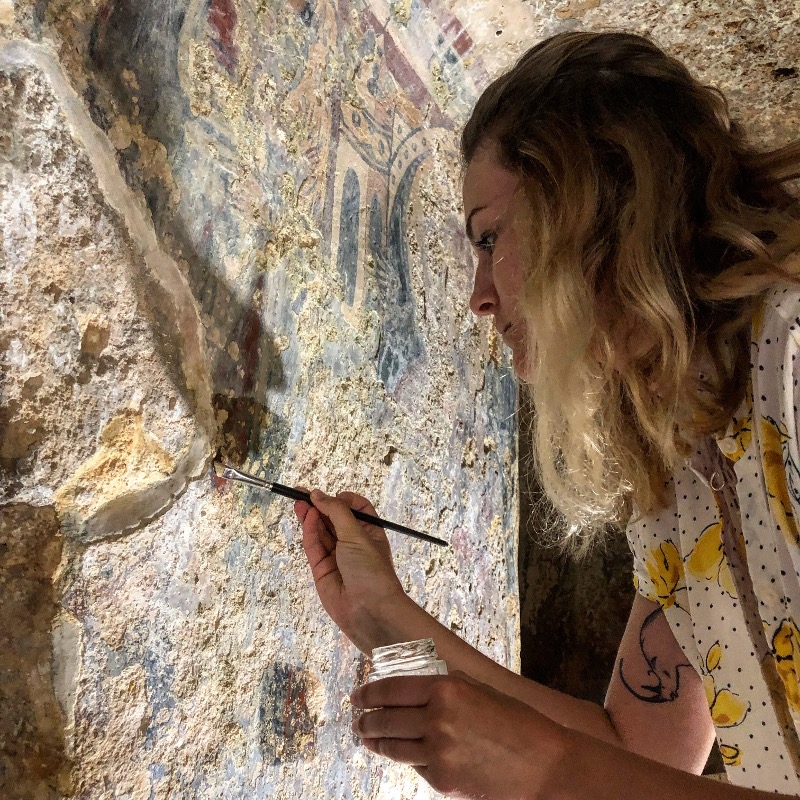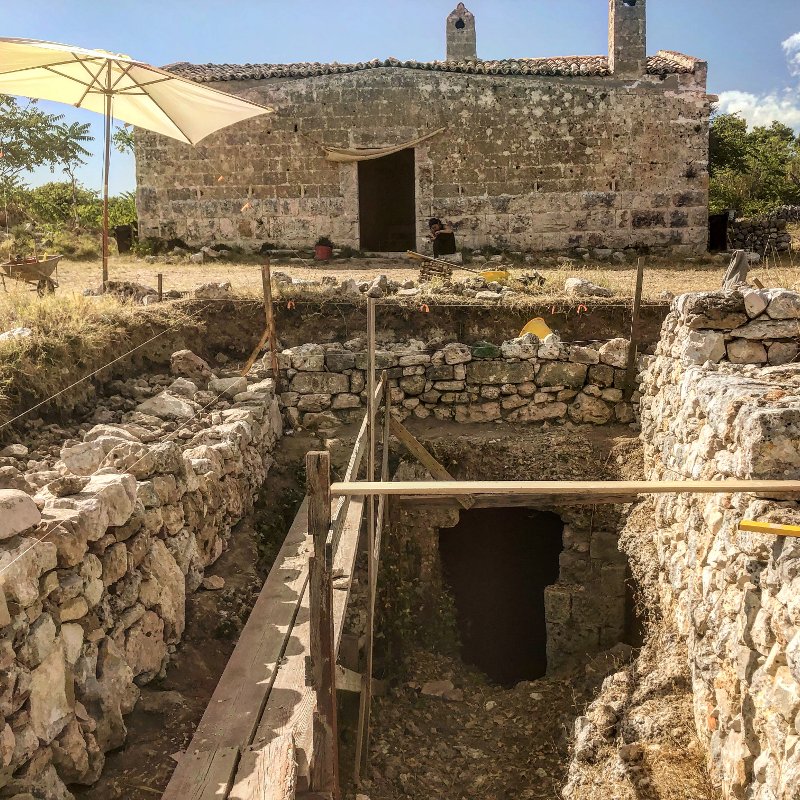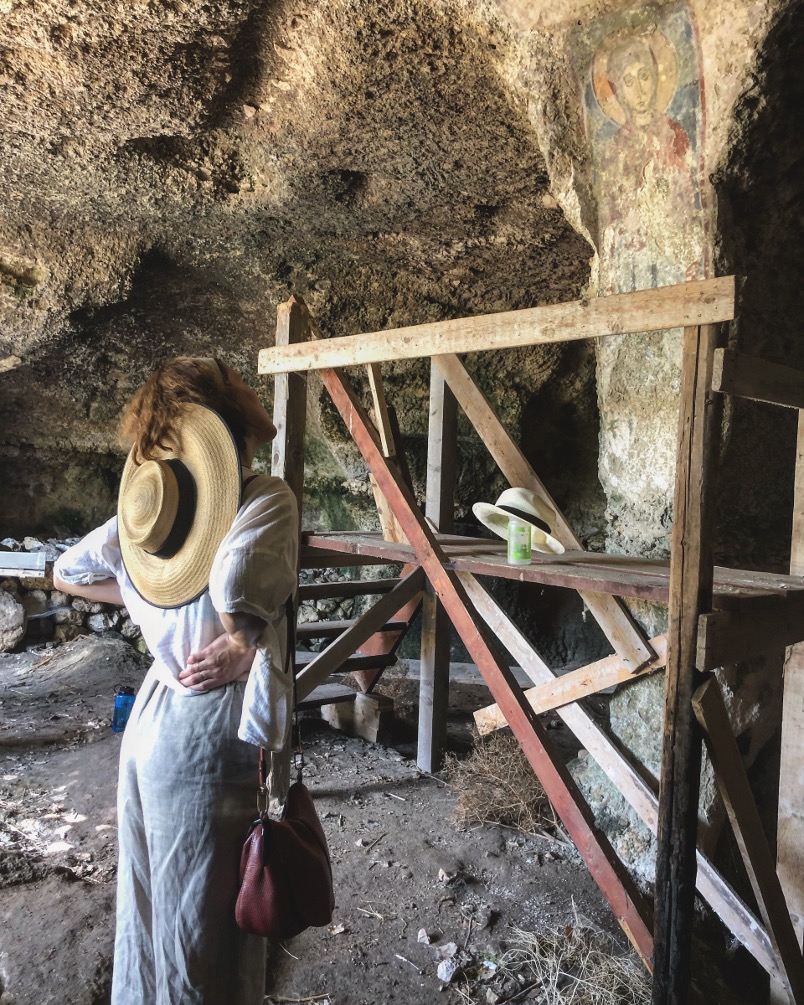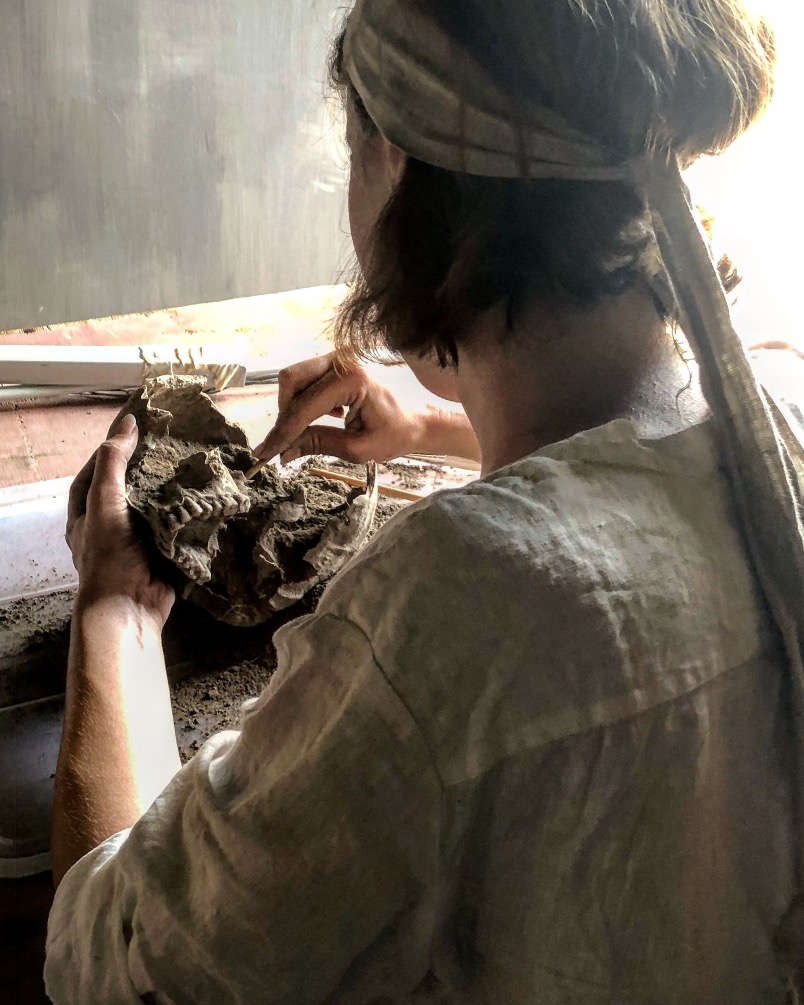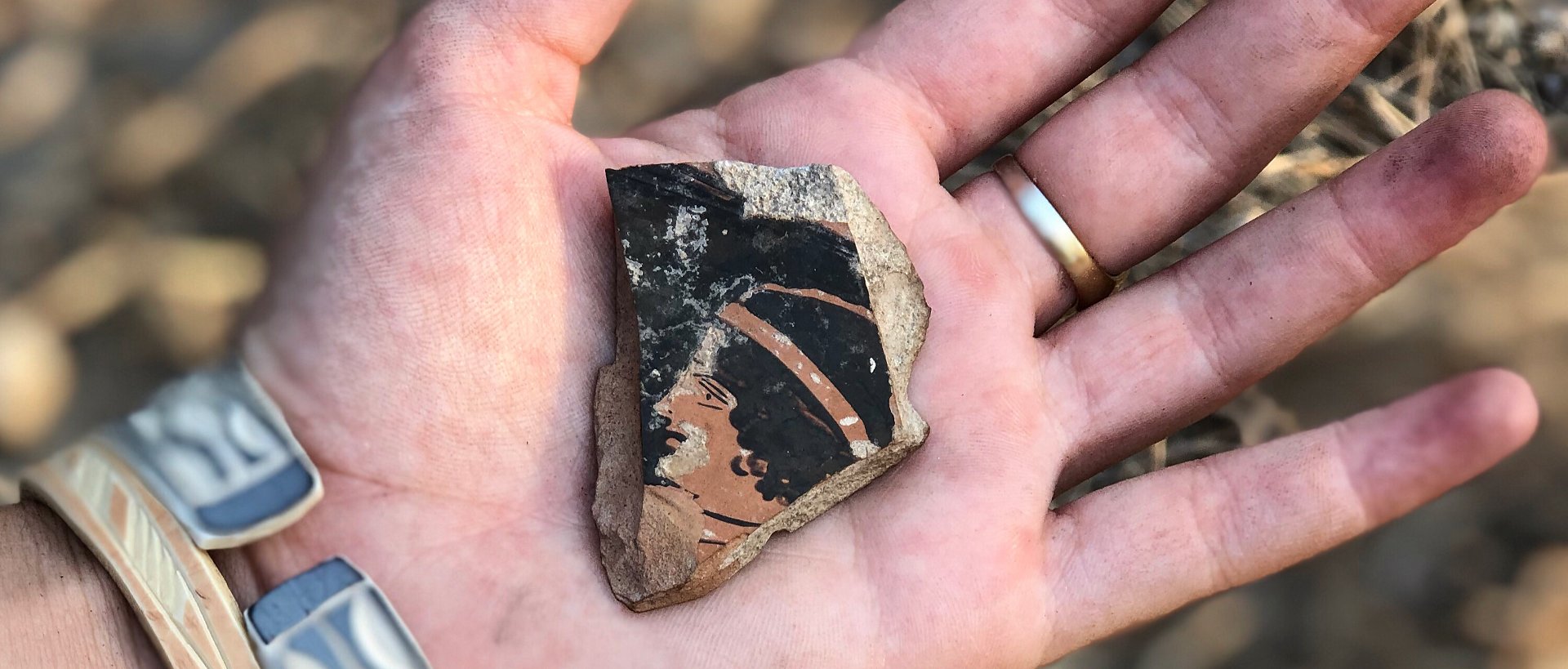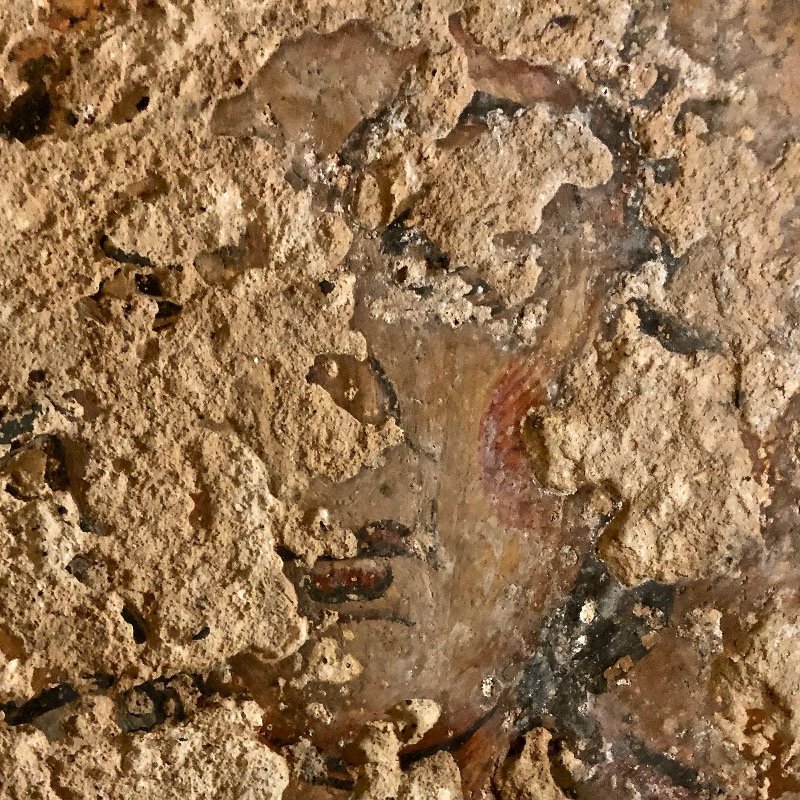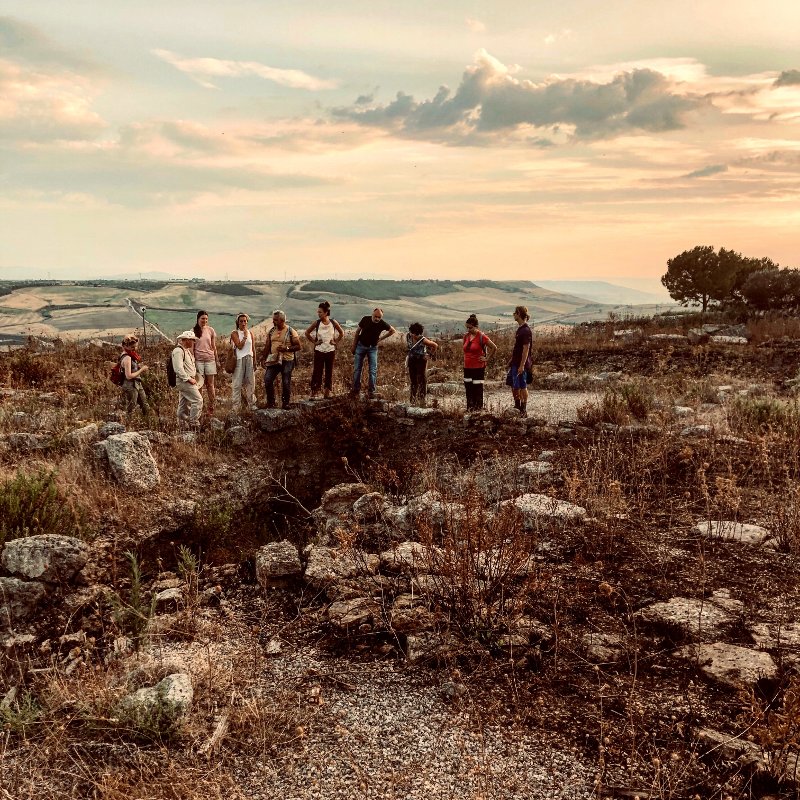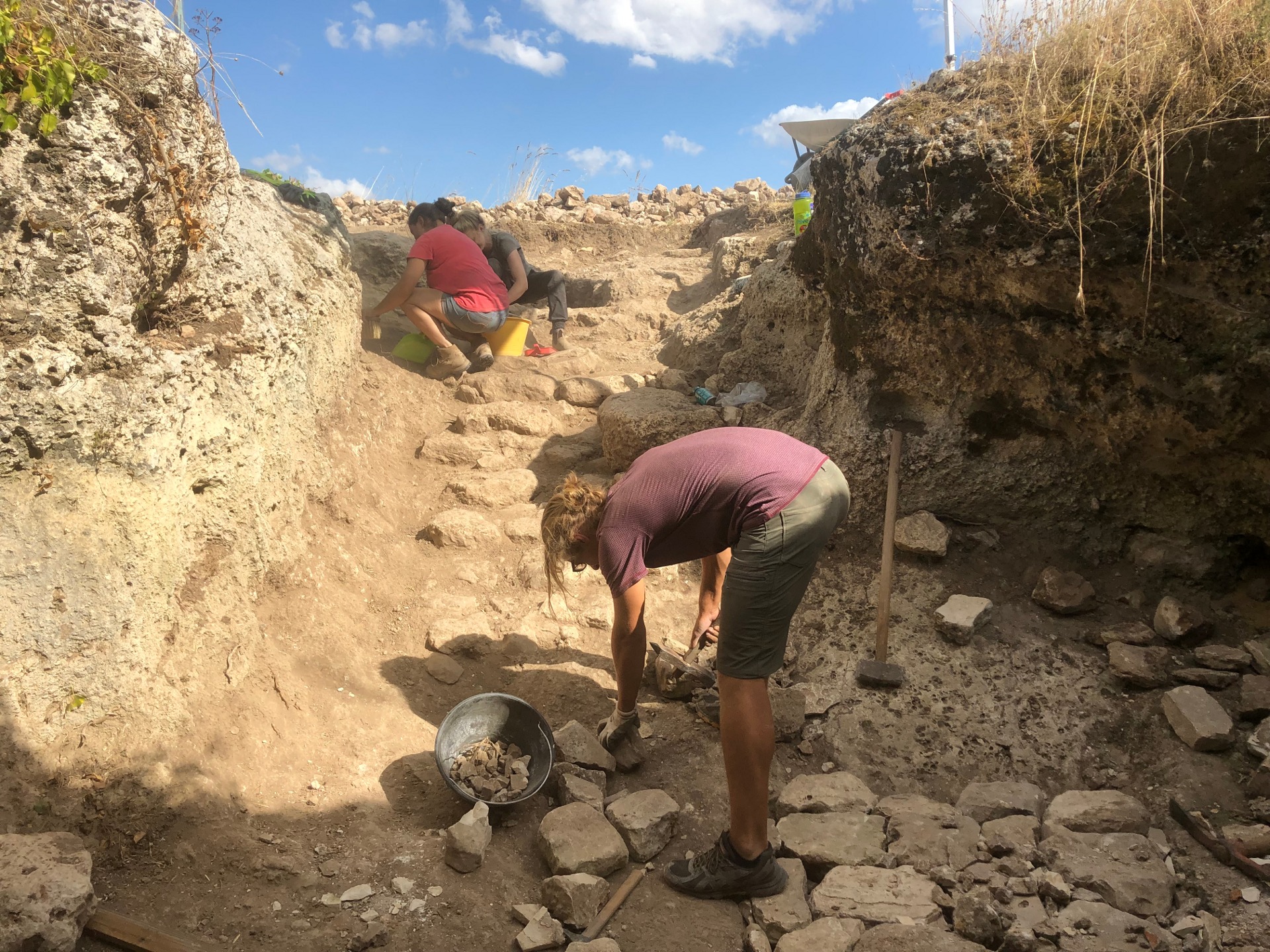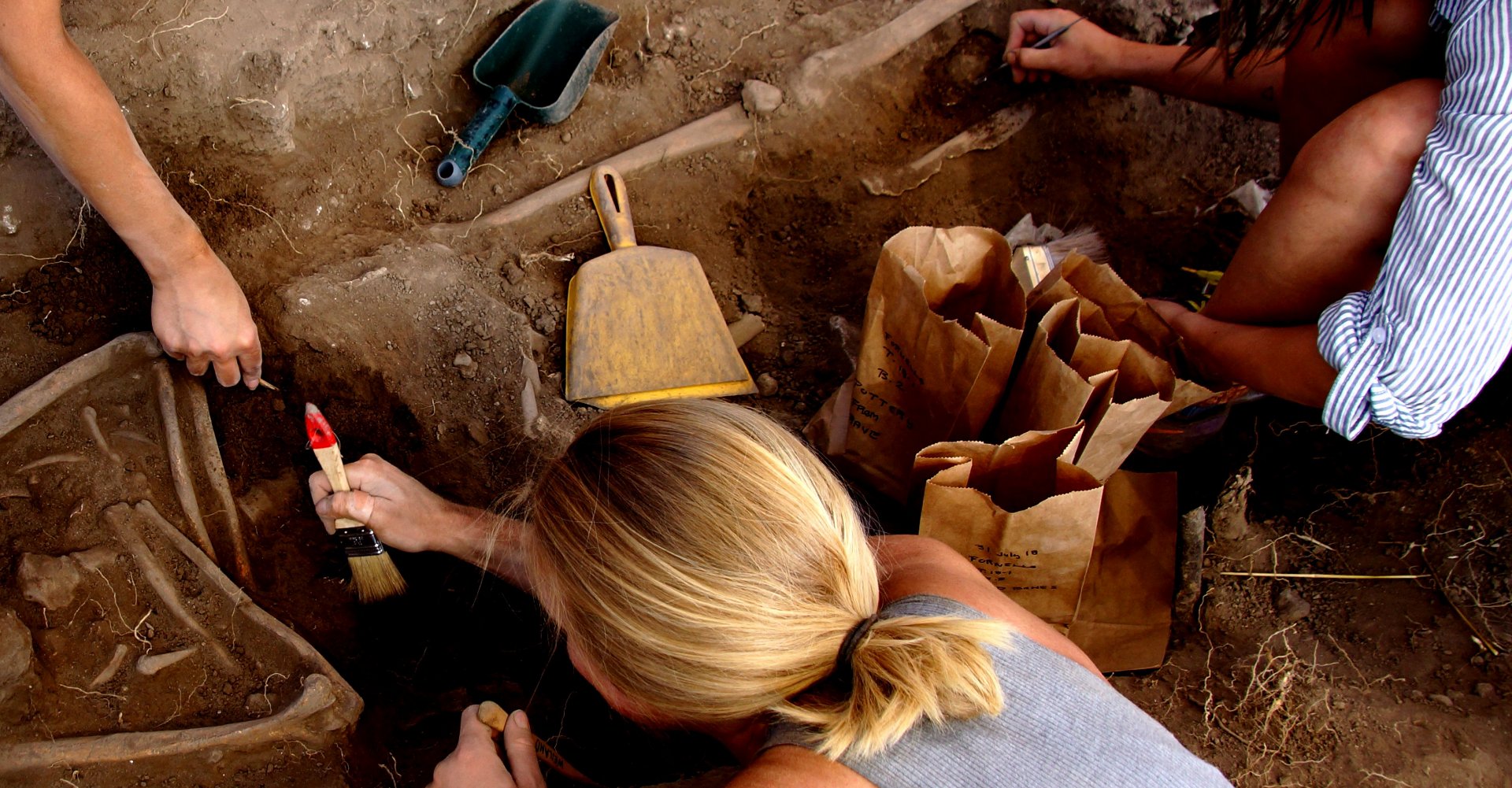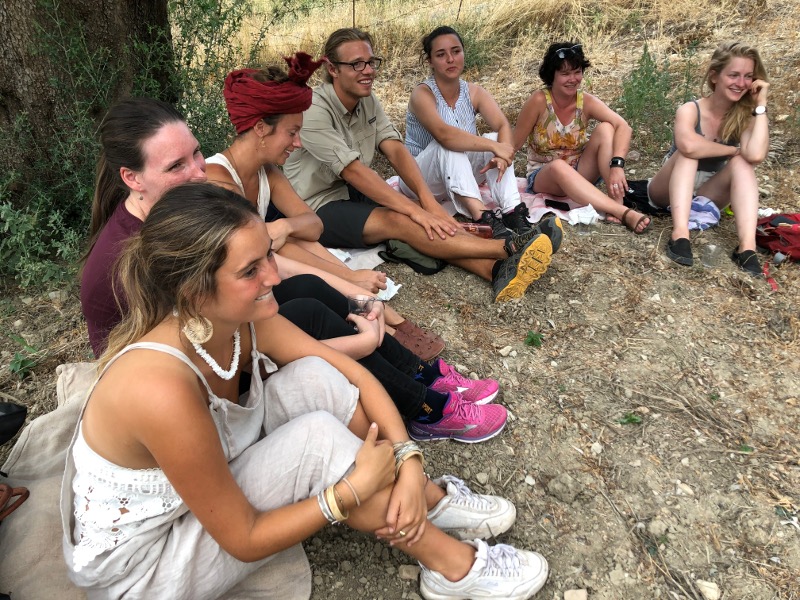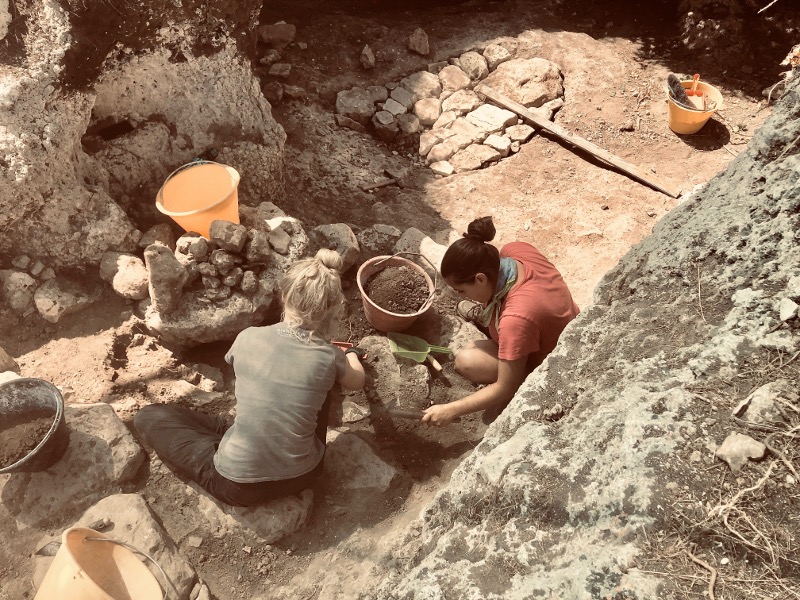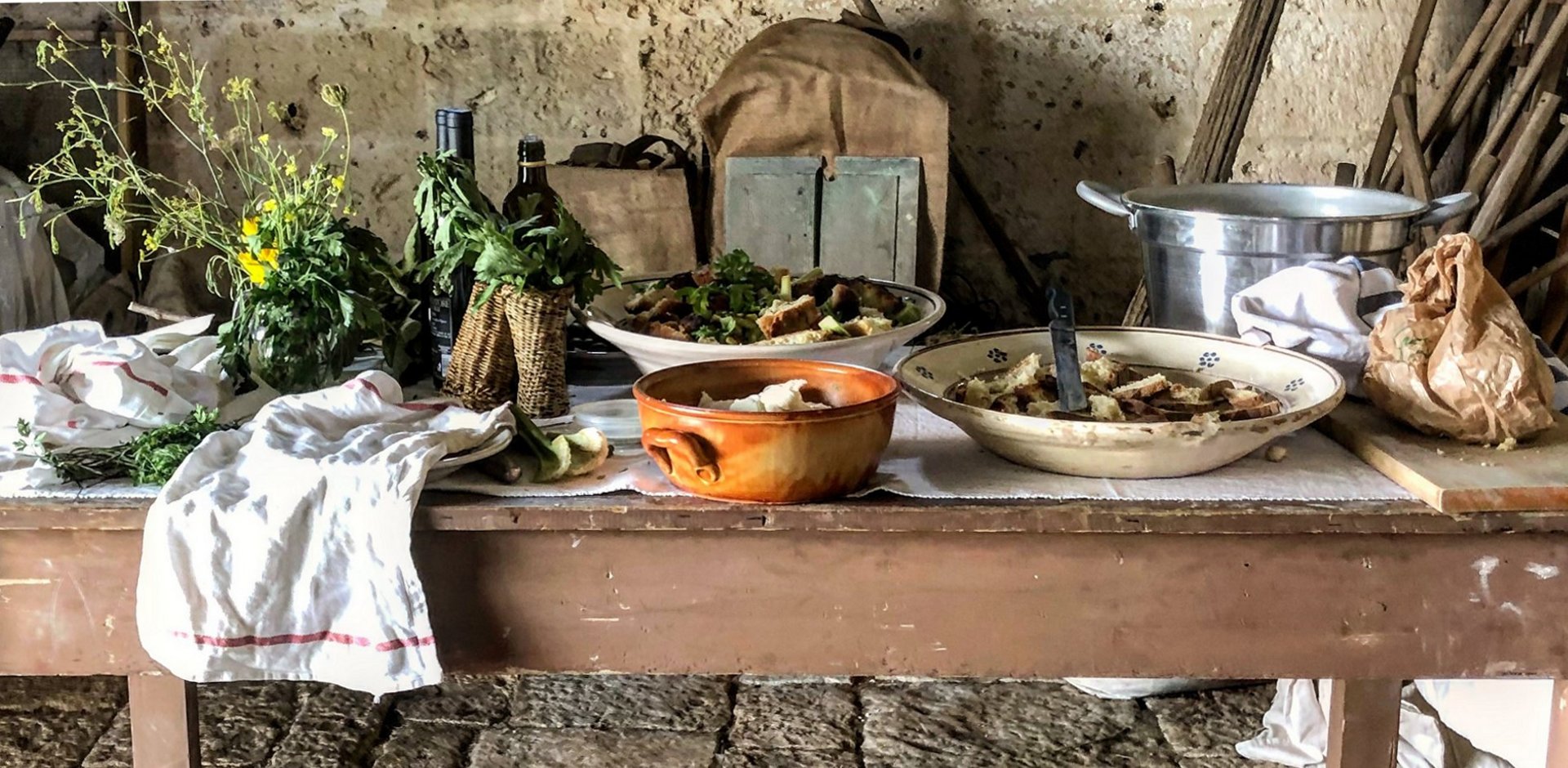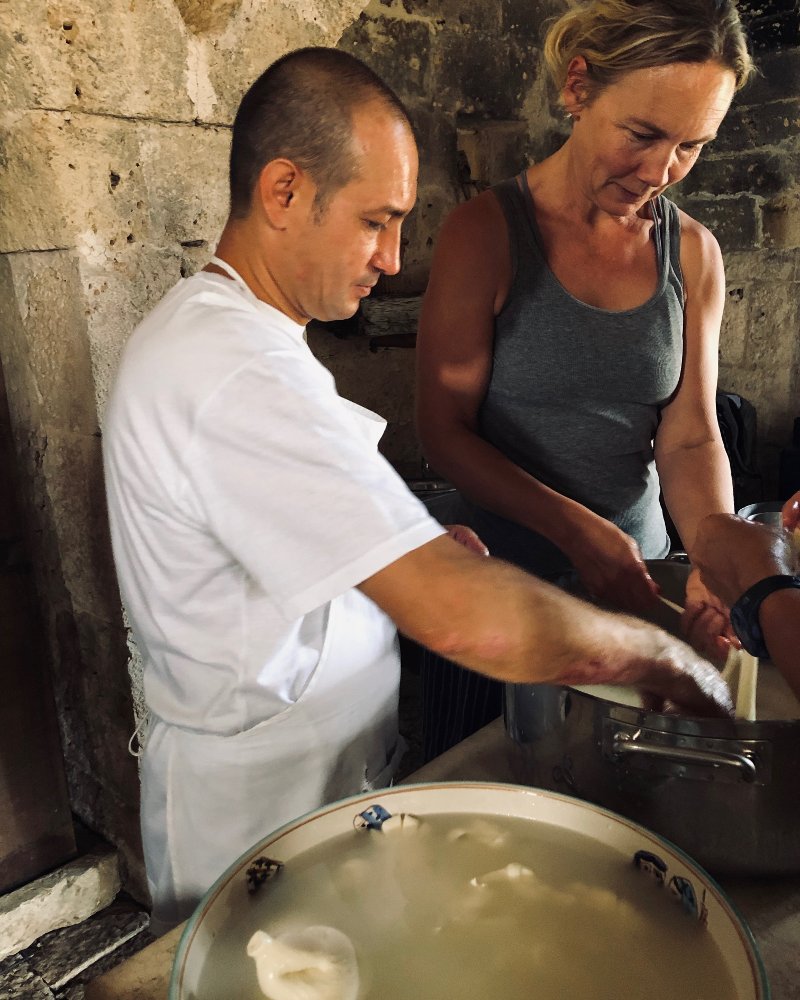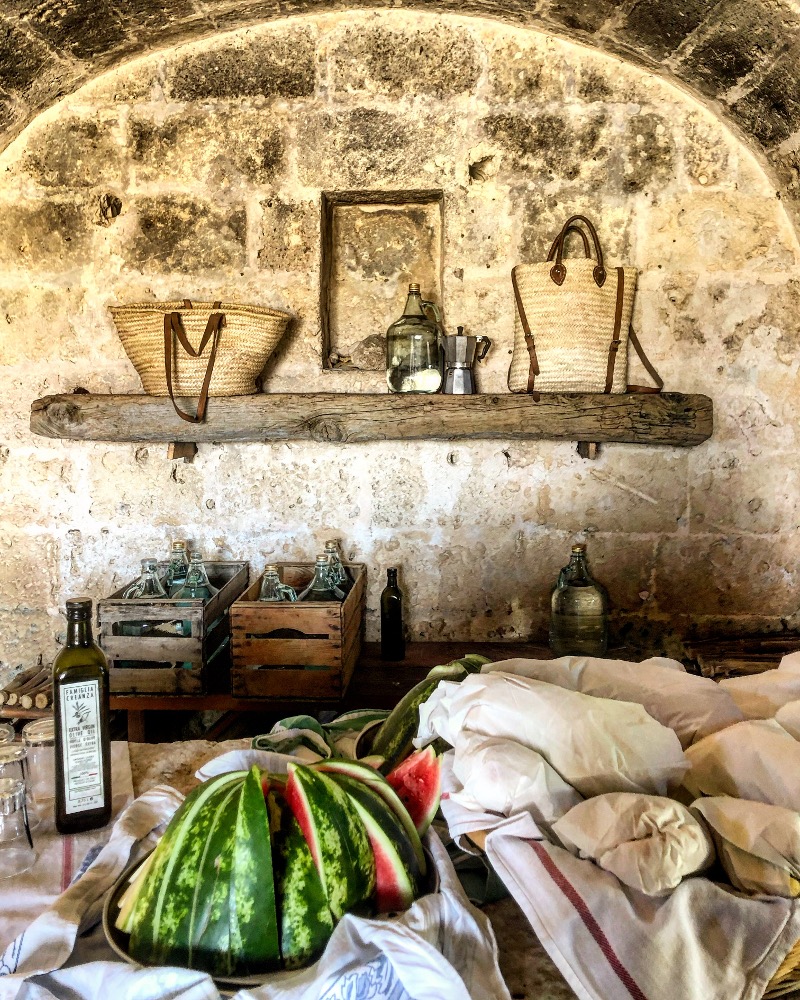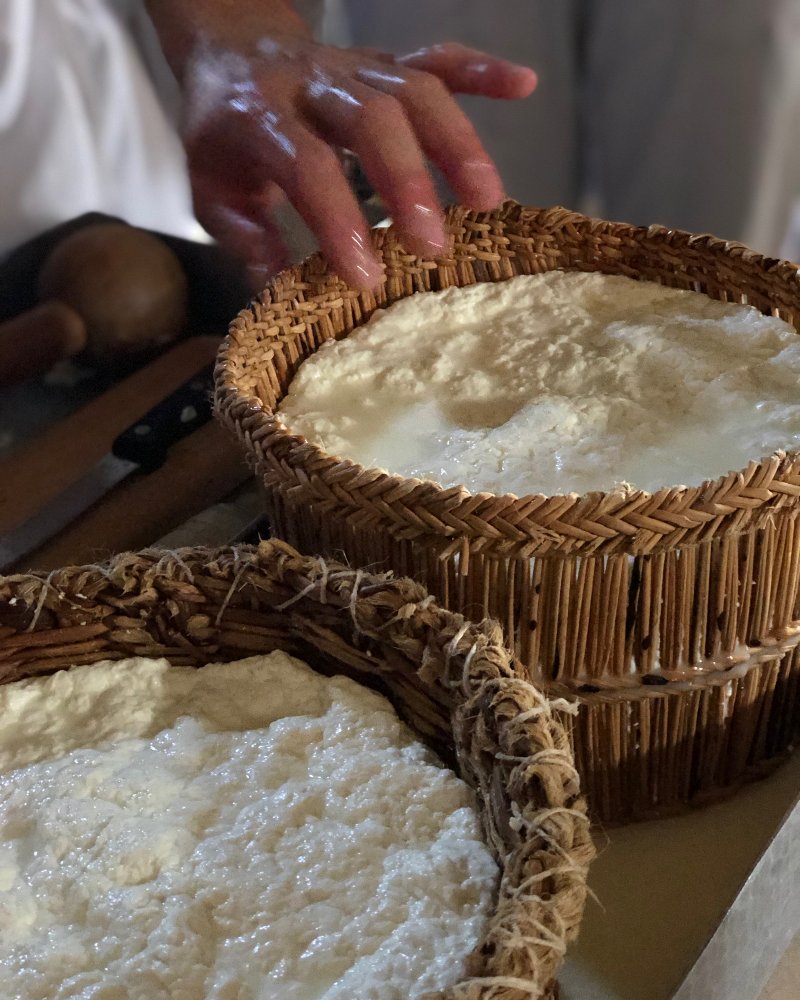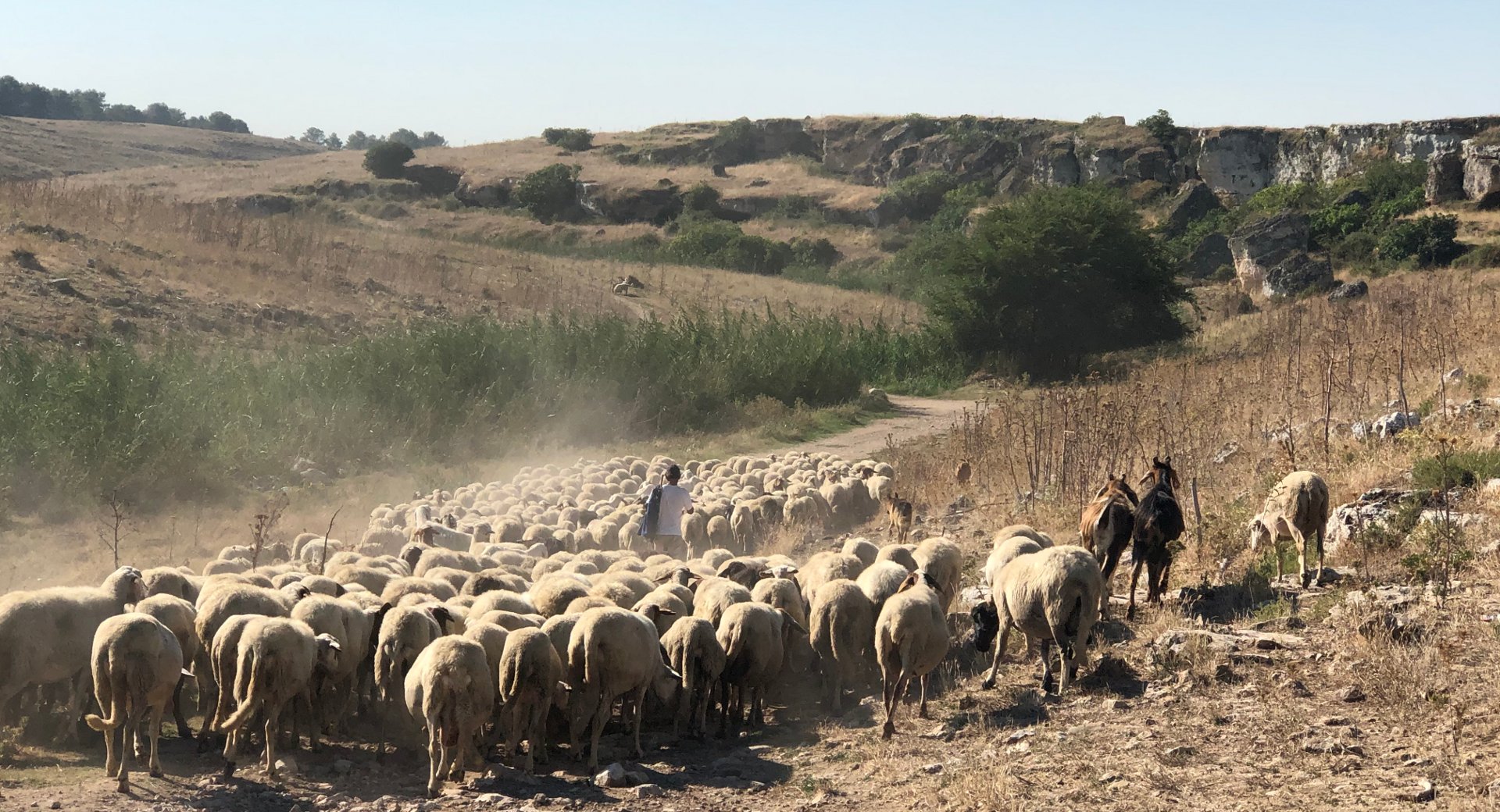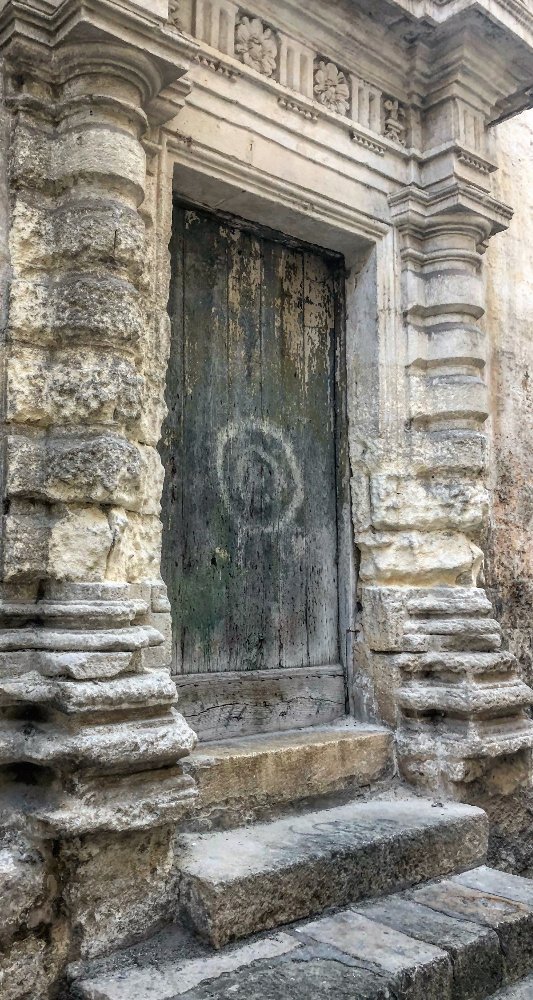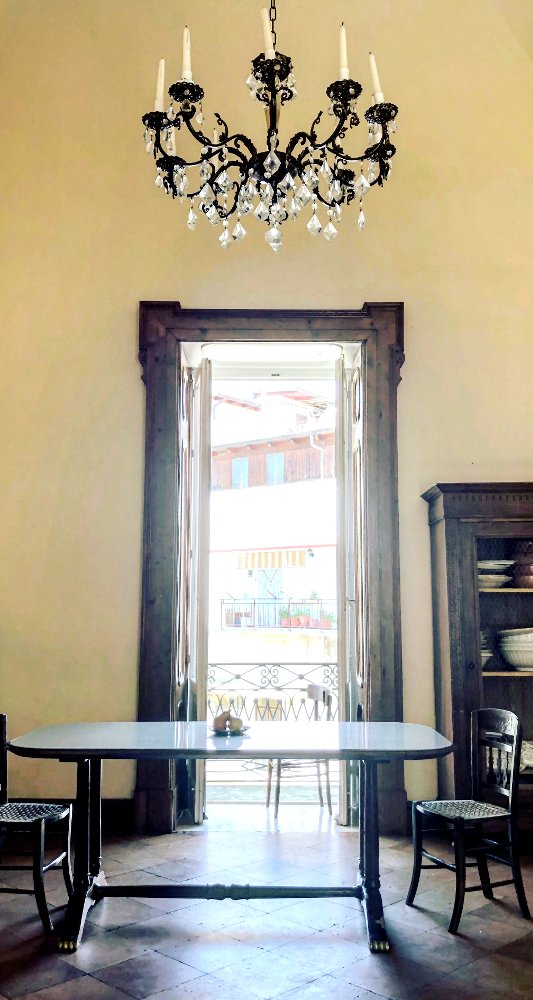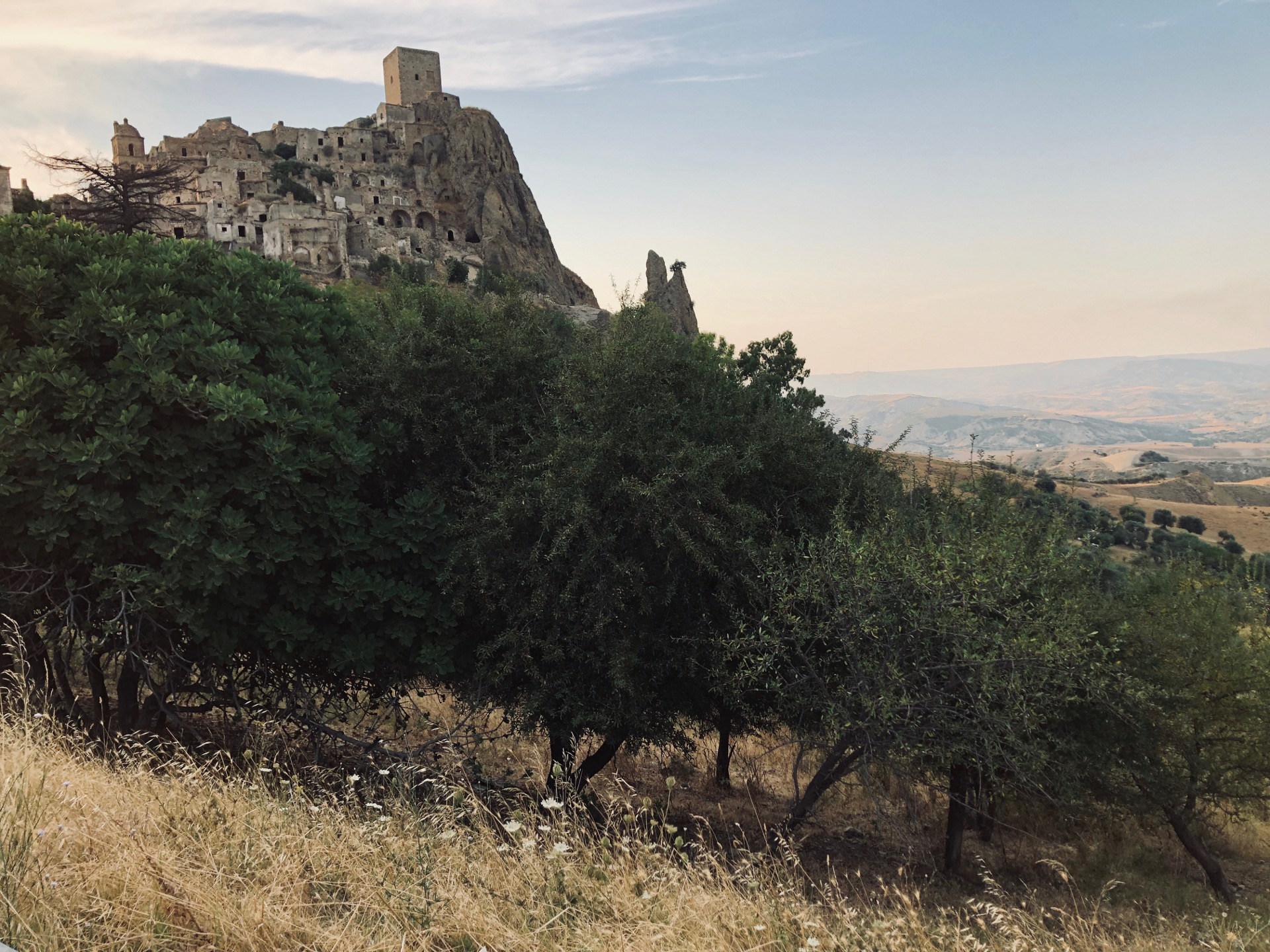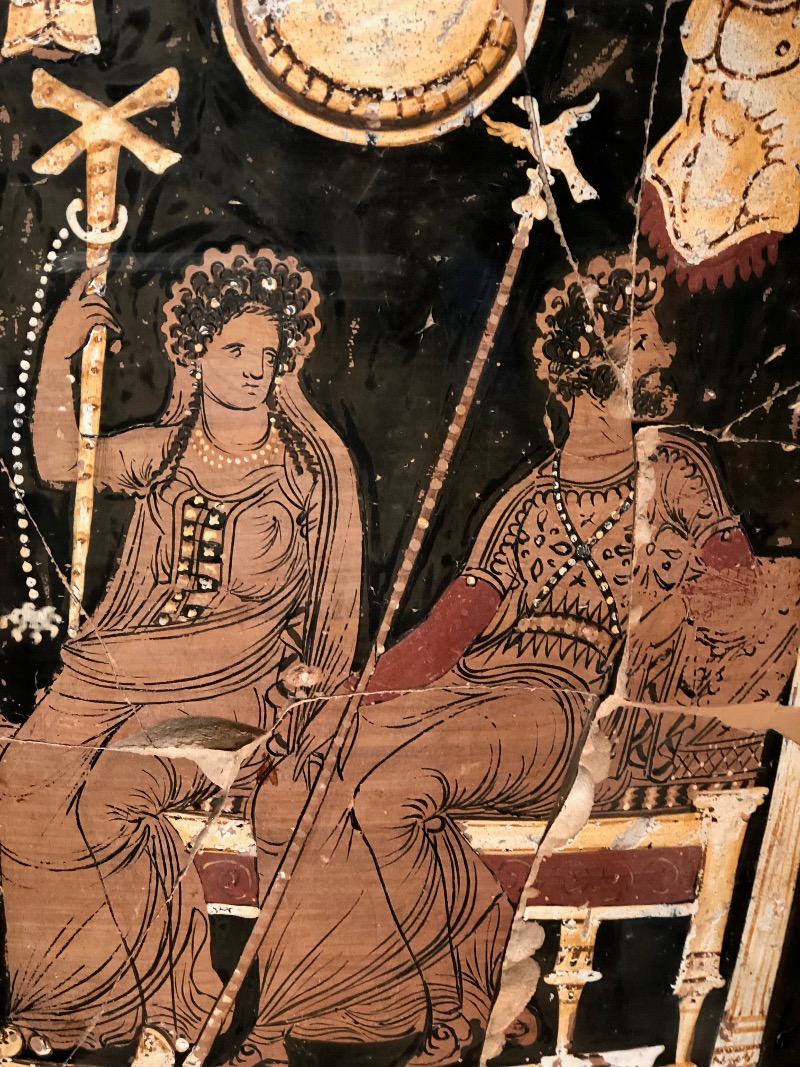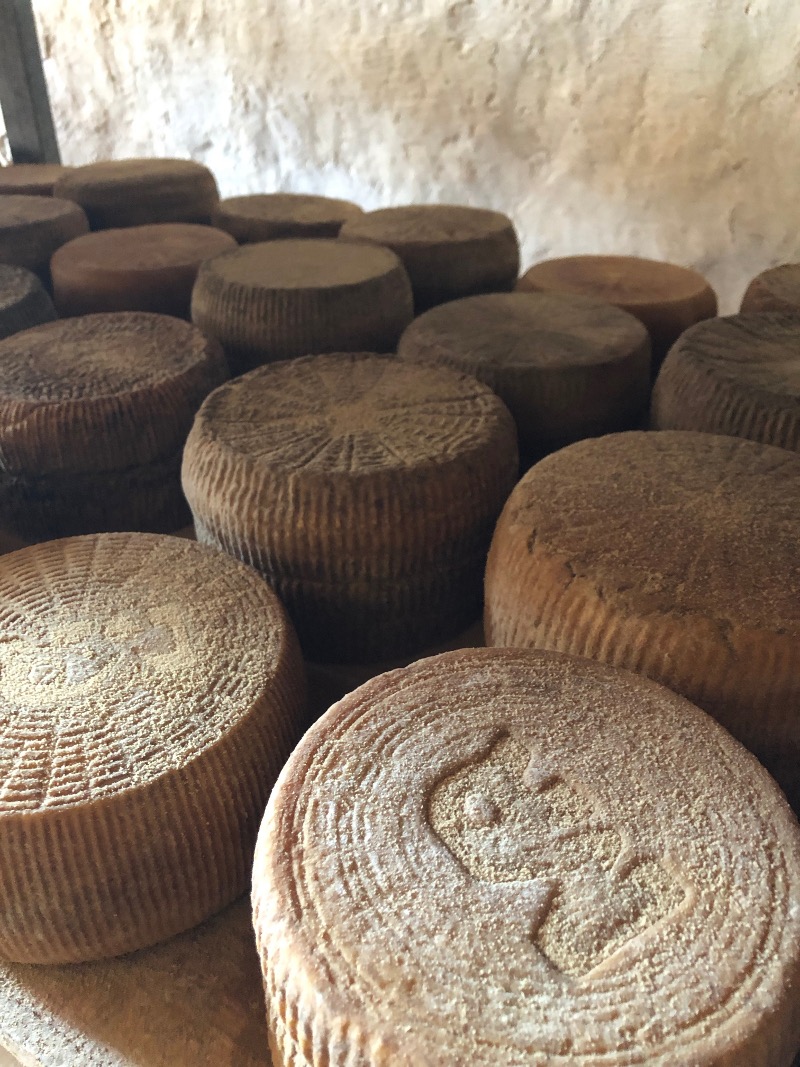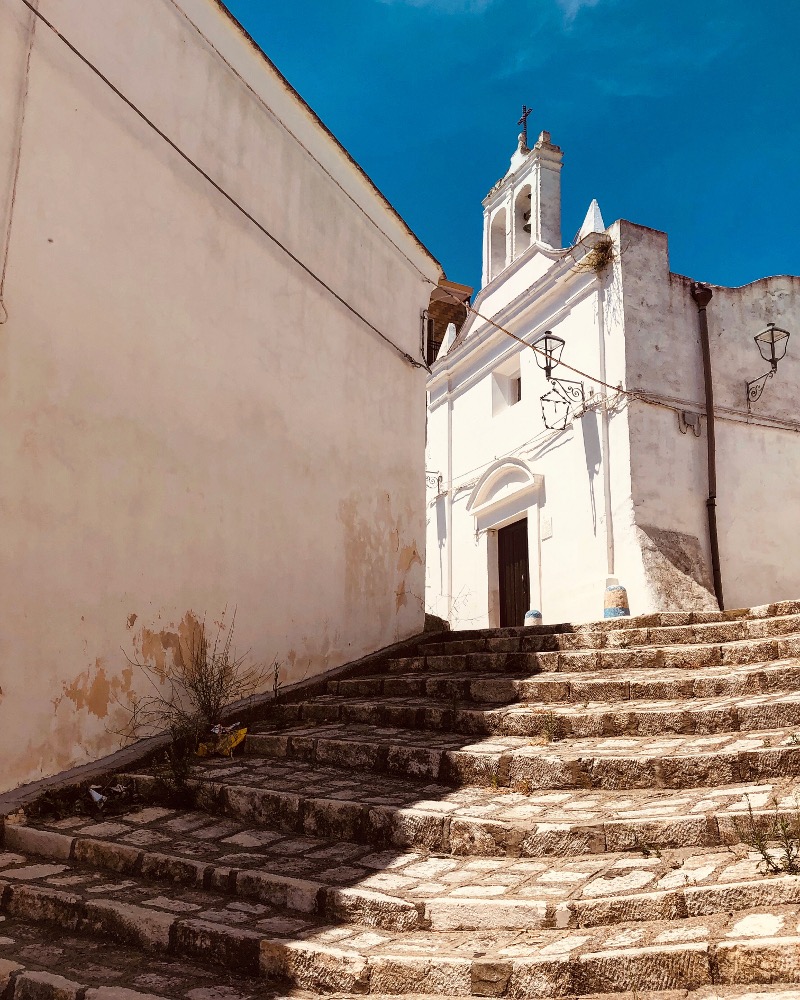Fornello Sustainable Preservation Project
Fieldwork, study, research and hands-on cultural landscape conservation and restoration.
Fornello is a site made up of a Byzantine fresco cave, twelve additional cave dwellings, and evidence of a settlement dating back to the 3rd-century B.C.E.
*** This workshop is temporarily on pause. However, some aspects and work-in-progress of the project are being addressed through the other Messors workshops and initiatives.
The ancient settlement includes a shepherd’s house that dates to the 1700s and dry-stone courtyards that outline a pre-existing sheep farm. It is one of the most interesting and historically important sites in the Murgia region of Puglia. The frescoes are comprised of three layers that date to 1100, 1200, and 1350. The fresco paintings document a link and a time in history when Byzantine communities spreading from the Balkans were establishing themselves in Puglia in the rupestrian settlement.
Program Contents
The Fornello Sustainable Preservation Project focuses on the site in its early days of research and cultural landscape conservation. The program is an opportunity to experience and learn a wide spectrum of aspects and scientific disciplines involved in cultural heritage preservation. The workshop also stimulates conversations and ideas on sustainable preservation, aiming towards a positive impact of these programs on local communities.
Throughout the course of the 2022 workshop session, we will focus on:
- Shepherding, cultural landscape and sustainability.
- Pastoral economy cycle.
- Landscape preservation.
Work will be carried on site to:
- reconstruct and restore the dry-stone-wall of the site;
- clear caves and landscape of brush and rock debris;
- stabilize cave entrances and the natural skylights made by the original inhabitants of the rupestrian site of Fornello using natural material as tufa blocks and lime base mortar;
- archaeological investigation and documentation in the event of features findings in the areas of the site subject to restoration and/or reconstruction work;
- build the wood shelves and the door of the cheese aging cave.
During the sessions, participants will be given instruction on archeological methods, techniques, and documentation while operating in a historical site.
On-site activities are essential to the conservation plan and integrate the local shepherds’ community sharing their knowledge and expertise of cheese making.
The workshop includes excursions and visits to historical sites, town and museums of the region to learn and understand the local history and culture.
Lectures, demos, and guided visits are conducted in English and guest lecturers may be translated into English.
Our Mission
The ancient cave site of Fornello (3rd c. B.C.) is located east of the town of Altamura, in Puglia, Italy. The future goal for the site of Fornello is to create a sustainable conservation model through the restoration of the historical site to the point in which it can function as its original settlement: as cave dwellings, a place of congregation, wine storage, milk collection- cheese making and cheese cave aging. Once restored, local shepherds will be offered the site to use as their own as a milk collective and caves to age their cheeses.
The project aims also to restore the original rainwater collecting system of the site and, ultimately, introduce renewable energy-based utilities. Work will be carried out to recover and preserve the Byzantine frescoes located in the site’s rupestrian cave church. Through the restoration process and archaeological surveys and investigations, the project offers educational/study activities and research opportunities.
Workshop Dates
August 19th – 30th, 2022
- Includes arrival and departure dates
What to expect
Time at Fornello site will be scheduled in full and half days working with early morning starts. Expect physical work in hot weather conditions alternatively with work in the shaded caves, lectures, hands-on cheese making, one to two hours walking through fields, pastures and archeological sites, full days out, one to two hours drive to visit other site destinations, lunches on site, dinners at our workshop home, and at local osterie, accommodation in shared room occupancy.
Registration
For inquiry email: messors.tonio@gmail.com
Please indicate which workshop you are inquiring about, your age, gender and where are you from.
This is a hands-on and in-situ workshop to complement studies in the fields of conservation, arts, history & anthropology, archaeology etc. It is open to students, as well as to those keen on understanding the processes of restoration & preservation of art and cultural heritage.
We remind applicants that works-of-art and historical sites that are worked on are part of the National Italian Cultural Patrimony and are to be treated with care and attention. Any practical intervention and actions while learning are under supervision and guidance.
The nature of the activities in this workshop involves handling tools, fine motor skills and operating in a low lighting environment in the cave sites.
Also, we remind participants to be aware that we will be spending some full days out, which entails walking in open fields and uneven terrain, ancient towns with stone paths stairs, hills etc, and working on a rural site; to expect summer temperatures in southern Italy; to assume the responsibility of being in sufficiently good health and physical abilities to undertake the workshop.
As all of the participants range greatly in age and background, we ask to be considerate of all participants and be a fellow participant who is able to participate in activities and walks and appreciates to be ready for some impromptu experiences which will arise, that create adventure and a learning environment.
Workshops are instructed in English, and lectures are translated when necessary.
Registration by application, healthy individuals, age range suggested 18 – 65.
Applicants not in the suggested general age range are welcome to inquire in order to set a phone meeting and go over site details and what to expect.
You need to be 18 to register (16 y-o if accompanied by an adult).
- Includes: your stay (shared rooms and bath), transportation to and from the Bari airport or train station on arrival and departure days and field trips, meals and wine with the exception of 2 dinners and 2 breakfast.
- Does not include: airfare, personal health and travel insurance, and personal expenses.
Workshop Activities also include
- Make typical cheeses of Puglia: Pecorino, Ricotta, Mozzarella, and Scamorza.
- Walk to pasture with the shepherd and his flock and make a traditional shepherds lunch in the field to share together
- Walking tour in the Unesco World Heritage Site of Sassi di Matera. Free time to explore and visit art exhibitions – i.e. writer and artist Carlo Levi’s paintings who wrote the book Christ Stopped at Eboli, archaeological museum, sculpture exhibition at MUSMA, etc.
- Visit the town of Altamura, famous for its bread, for an architectural tour of the historic centre.
- Trip to coastal town or beach.
- Visit the archeological site of Botromagno.
- Informal Italian language classes.

